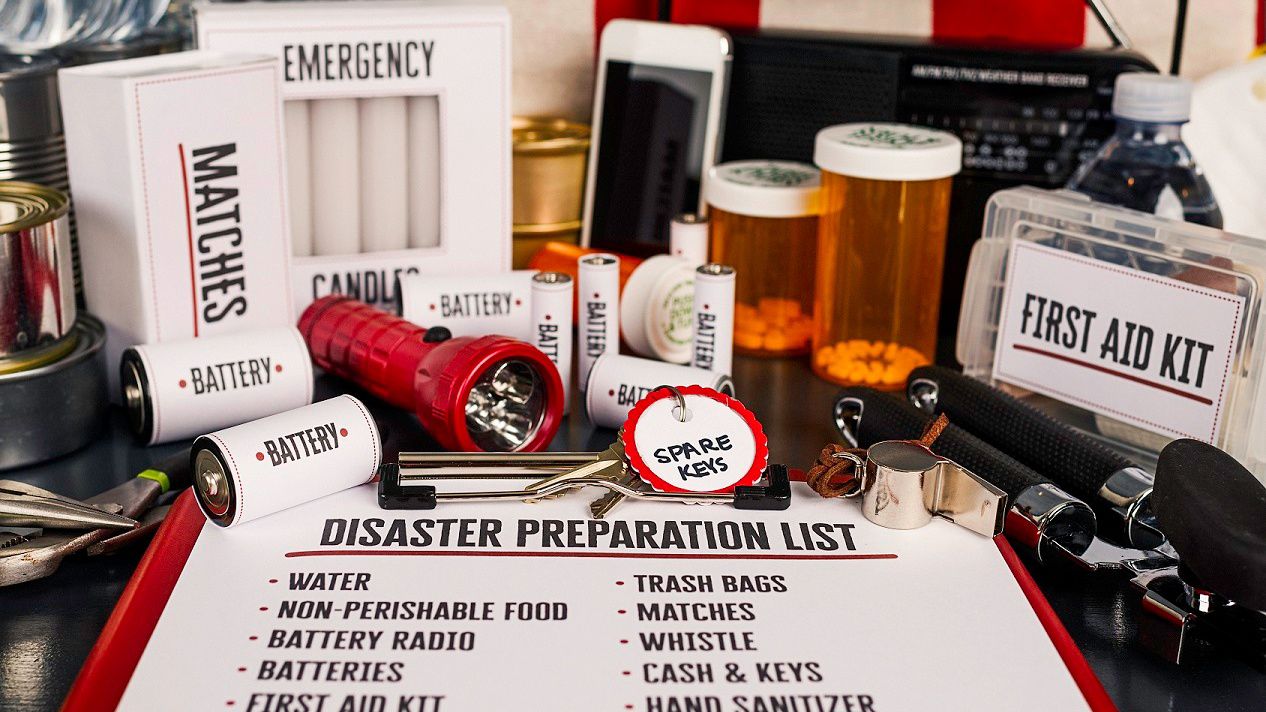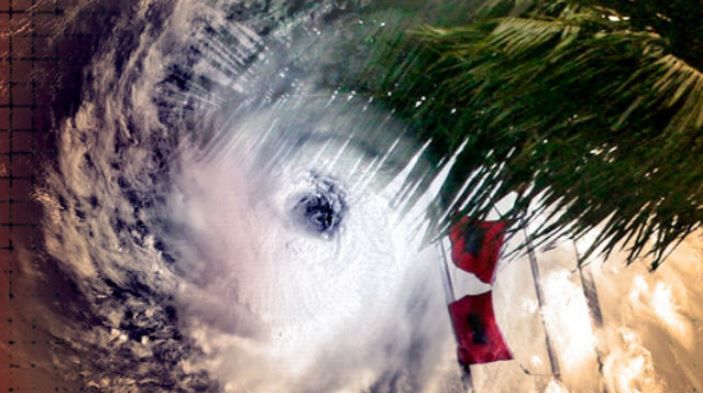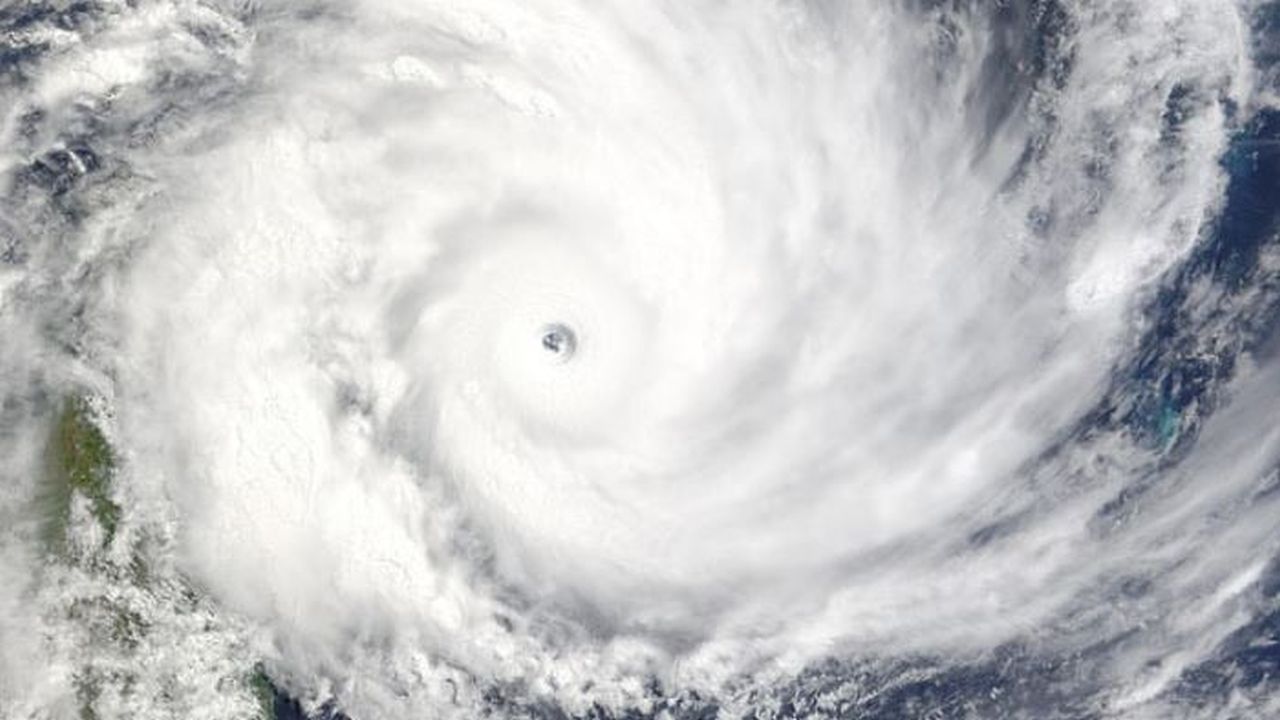It's time to get prepared for whatever the storm season may throw at you.
Having your emergency supplies ahead of time will save you the frustration of hitting the stores right before a storm hits. Some of these items can even be useful on a regular stormy summer evening.
Plus, there are lots of things you can do around your home now to save you time when you need it.
EMERGENCY PREPAREDNESS KIT
Make sure your kit includes:
- Flashlights & extra bulbs
- Battery-operated radio
- Battery-operated lanterns
- Batteries (in different sizes!)
- Matches
- First aid kit
- Duct tape
- Rain gear
- Clock (wind-up or battery-powered)
- Plastic garbage bags
- Fire extinguisher
- Scissors
- Can Opener
- Clean clothes
- Extra blankets
- Heavy gloves
FOOD AND WATER
- Pack non-perishable food for each person for 3-7 days.
- Bottled water (1 gallon/person/day)
- Bottled juice
- Canned foods
- Manual can opener
- Dry pet food
- Two coolers: One for drinks & one for food
ADDITIONAL EMERGENCY SUPPLIES
Since spring of 2020, the CDC has recommended people include additional items in their kits to help prevent the spread of coronavirus or other viruses and the flu.
Consider adding the following items to your emergency supply kit based on your individual needs:
- Cloth face coverings (for everyone ages 2 and above), soap, hand sanitizer, disinfecting wipes to disinfect surfaces
- Prescription medications
- Non-prescription medications such as pain relievers, anti-diarrhea medication, antacids or laxatives
- Prescription eyeglasses and contact lens solution
- Infant formula, bottles, diapers, wipes and diaper rash cream
- Pet food and extra water for your pet
- Cash or traveler's checks
- Important family documents such as copies of insurance policies, identification and bank account records saved electronically or in a waterproof, portable container
- Sleeping bag or warm blanket for each person
- Complete change of clothing appropriate for your climate and sturdy shoes
- Fire extinguisher
- Matches in a waterproof container
- Feminine supplies and personal hygiene items
- Mess kits, paper cups, plates, paper towels and plastic utensils
- Paper and pencil
- Books, games, puzzles or other activities for children
MAINTAINING YOUR KIT
After assembling your kit remember to maintain it so it’s ready when needed:
- Keep canned food in a cool, dry place.
- Store boxed food in tightly closed plastic or metal containers.
- Replace expired items as needed.
- Re-think your needs every year and update your kit as your family’s needs change.
KIT STORAGE LOCATIONS
Since you do not know where you will be when an emergency occurs, prepare supplies for home, work and cars.
- Home: Keep this kit in a designated place and have it ready in case you have to leave your home quickly. Make sure all family members know where the kit is kept.
- Work: Be prepared to shelter at work for at least 24 hours. Your work kit should include food, water and other necessities like medicines, as well as comfortable walking shoes, stored in a “grab and go” case.
- Car: In case you are stranded, keep a kit of emergency supplies in your car.
HOUSE CHECKLIST
- Remove outdoor items
- Trim dead branches from trees
- Board up windows
- Fill gas tanks and extra containers
- Get extra cash
- Move furniture away from windows
- Store important documents in waterproof containers
- Extra supply of medicines
MEDICAL NEEDS
- Medic-alert tags
- Insect-repellent sprays
- Feminine hygiene items
- Sunscreen
- Soap
- First aid kit
- Prescription medication
- Over-the-counter medication
- Children's medicine
- Bandages
- Adhesive tape
- Antiseptic solution
- Thermometer
- Tweezers
PREPARE YOUR PET
Your pet will need more than a bag of food in a storm.
- Water for your pet for 3-7 days
- Non-perishable food
- Crate/carrier/tank
- Leash (non-extendable)
- Collar and/or harness
- Favorite Toy
- Blanket or pillow
- Clean litter box
- Updated shots and medical records
- Microchip with up-to-date contact info
- Any medications
- Calming aids
- Tags
- Puppy training pads
- Heartworm preventatives
- Rain gear
NATIONAL HURRICANE RESOURCES
- National Hurricane Center - Maintains a continuous watch on tropical systems over the Atlantic, Caribbean, Gulf of Mexico and eastern Pacific.
- Federal Emergency Management Agency (FEMA) - Coordinates response to disasters occurring within the United States.
- National Oceanic Atmospheric Administration (NOAA) - Federal agency focused on the conditions of the oceans and atmosphere. Provides information and resources for dealing with hurricanes.
- U.S. Postal Service: Mail Service Updates - In the event of severe weather, the USPS will list post office closings and mail entry limits on its website.







